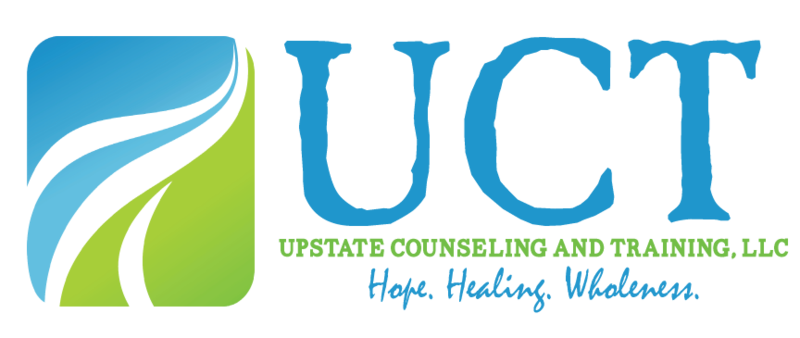DBT at Upstate Counseling & Training
Benefits of DBT are that it can help reduce the need for hospitalizations, decrease self-defeating behaviors, and diminish suffering in general. DBT helps patients turn ineffective coping behaviors that add to their suffering into effective ones that lead to a more satisfying life. The scientific research supporting the efficacy of DBT is very strong.
The essential goals for DBT are:
‣ To create a life worth living
‣ To increase effectiveness in life
‣ To decrease self sabotage
‣ To establish healthier and more satisfying relationships
‣ To learn how to cope with emotional distress
‣ To learn about emotions and how to regulate them (DBT assumes that negative emotions can be changed)
• DBT requires you to be honest and willing.
• Fundamentally, DBT requires that you work at decreasing suicidal behaviors and self injury as well as other behaviors that interfere with your living an effective life and your treatment.
• DBT is a very structured treatment model and you will need to be willing to work within its structure.
• DBT requires that you work very hard at learning skills and applying them. This will require a lot of work between therapy sessions, including written work and completing a Diary Card.
• You will undergo initial evaluation to determine if DBT may be helpful for you and if you are able to commit to DBT treatment. You should plan to be in DBT initially for 9 to 12 months, after which time you will go through a reevaluation to determine if further treatment is indicated.
• UCT does not currently provide the complete standard DBT program, but retains its basic components such as: individual therapy (up to twice weekly), phone coaching, and skills training. A skills group is planned for the near future. Skills groups are for between six and eight clients.
• Being an individual therapy client at UCT is a requirement of being enrolled in a skills group.
864.414.6839
